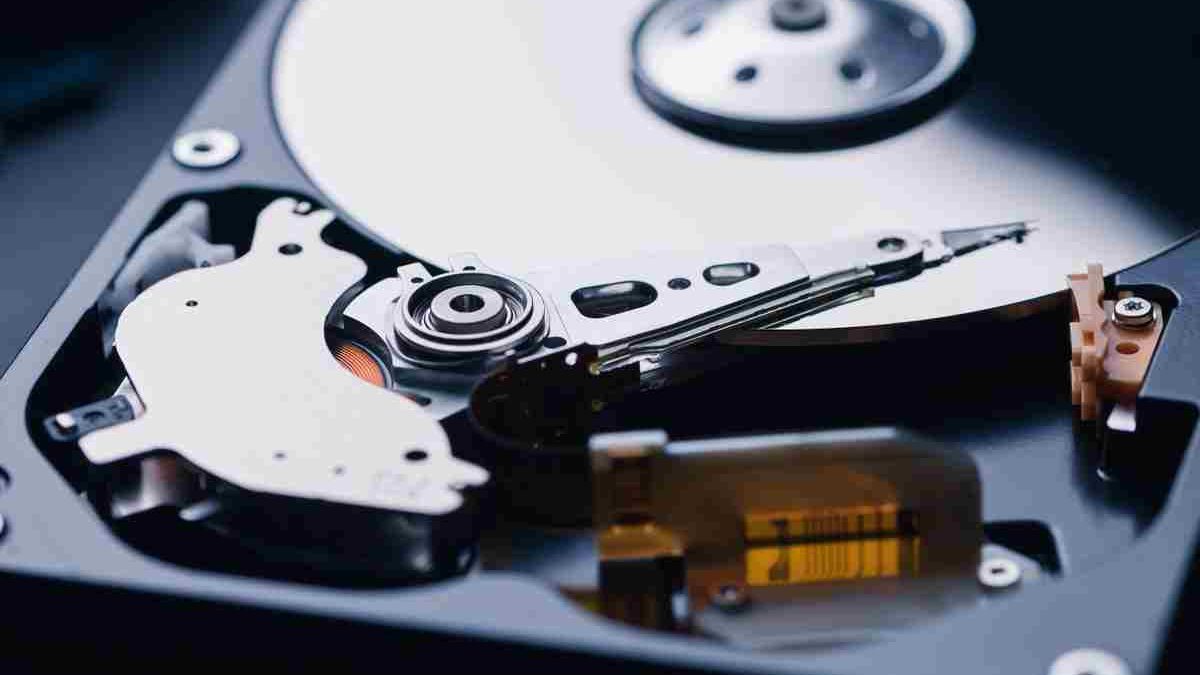In 2024, picking the ideal hard drive for your storage requirements depends on striking a balance between price, capacity, and performance. There are a ton of hard drive solutions available on the market to suit any need, whether it’s to increase the storage of a NAS (Network Attached Storage) server or to have an effective backup plan.
The best server hard drive is an excellent option for those who are on the lookout for long-term storage solutions, particularly in situations where rapid data transmission speeds are not as crucial as high-capacity data storage. These HDDs are affordable in price and have ample storage space, offering users portability and convenience.
In this article, we’ll explore the primary factors that influence hard drive performance, such as storage capacity, speed, and reliability. By the end, you will have an in-depth understanding needed to confidently choose the server hard drive that aligns with your operational needs.
Table of Contents
The Factors to Consider While Picking a Server Hard Drive
Whether you’re upgrading your existing 881457-B21 HP Server Hard Drive or building a new server, making the right hard drive choice is a crucial step toward ensuring seamless data management and system reliability.
Here are the key factors to consider that will help you ensure optimal performance, reliability, and compatibility with your specific needs.
1. Performance
Assess the drive’s speed, measured in rotations per minute (RPM) for HDDs or read/write speeds for SSDs. Higher speeds generally result in faster data access.
2. Capacity
Determine the storage capacity based on your server’s requirements. Consider both current and future data storage needs to ensure scalability without unnecessary costs. Once done, make sure your high-capacity server hard drive fulfills your business needs.
3. Drive Type
Choose between Hard Disk Drives (HDDs) and Solid State Drives (SSDs). HDDs are cost-effective for large capacities, while SSDs offer faster performance and increased durability due to their lack of moving parts.
4. Form Factor
Ensure the physical size of the hard drive is compatible with your server’s drive bays. Common form factors include 3.5 inches for larger drives and 2.5 inches for smaller, more compact options.
5. Interface
Verify compatibility with your server’s interface (e.g., SATA, SAS, or NVMe for SSDs). The interface affects data transfer speeds and overall system compatibility.
6. Reliability and Durability
Look for hard drives with a proven track record for reliability! Consider features like error correction, vibration resistance, and Mean Time Between Failures (MTBF).
7. Workload Rating
Consider the expected workload of your server. Drives with higher workload ratings are designed to handle more intense operations, making them suitable as enterprise hard drives.
8. RAID Compatibility
If you plan to use RAID configurations, ensure the selected hard drive is compatible. Some drives are specifically designed for RAID setups, offering better performance and reliability in such configurations.
9. Power Consumption:
Evaluate the power requirements of the hard drive, especially in large server setups. Opt for energy-efficient drives to reduce overall power consumption and heat generation.
9. Warranty and Support
Check out the warranty period provided by the manufacturer. An extended warranty time often indicates confidence in the drive’s reliability, and good customer support can be crucial in case issues arise.
By considering these nine factors, you can choose a server hard drive that aligns with the specific needs of your server infrastructure.
The Best Server Hard Drives Comparison!
The best server hard drives are meticulously designed to maintain peak performance and guarantee steadfast data reliability, meeting the particular requirements of server operations. These high-performance drives are characterized by advanced features such as enhanced error correction capabilities, fast data transfer rates, and robust durability to withstand the continuous and often intensive workload in server environments.
Further, we have shown the comparison of different hard drives to help you choose the best one that is suitable for your needs.
| Best Server Hard Drive | Storage Capacity | Best Feature |
| HP 2.5-inch Hard Drive (881457-B21) | 2.4TB | High-speed 2.4TB SAS HDD with hot-swappability and 10000RPM. |
| Seagate 3.5-inch Hard Drive (ST3000VN000) | 3TB | Energy-efficient 3TB SATA HDD with 5900RPM and 64MB cache for storage. |
| HP 3.5-inch Hard Drive (765862-001) | 6TB | High-capacity 6TB SATA HDD with 7200RPM and 512e format for storage. |
| Seagate 3.5-inch Hard Drive (ST8000NE0001) | 8TB | Enterprise-grade 8TB NAS HDD with 7200RPM, 256MB cache, and 512e format. |
| Seagate 3.5-inch Hard Drive (ST4000NM001B) | 4TB | Robust 4TB SAS HDD with 7200RPM and 12GB/s speed for enterprise applications. |
In A Nutshell!
When it comes to optimizing performance and data management, investing in the best server hard drive is a strategic choice if you are seeking to fortify server infrastructure.
Brands like JBS Devices offer a range of reliable server hard drives, ensuring seamless operations with features like high RPM, efficient interfaces, and robust storage capacities. We at JBS Devices not only help you enhance data access and transfer speeds but also contribute to the reliability and efficiency of your server infrastructure.
Make an informed decision, aligning your specific needs with the advanced capabilities these server hard drives bring to the table.

